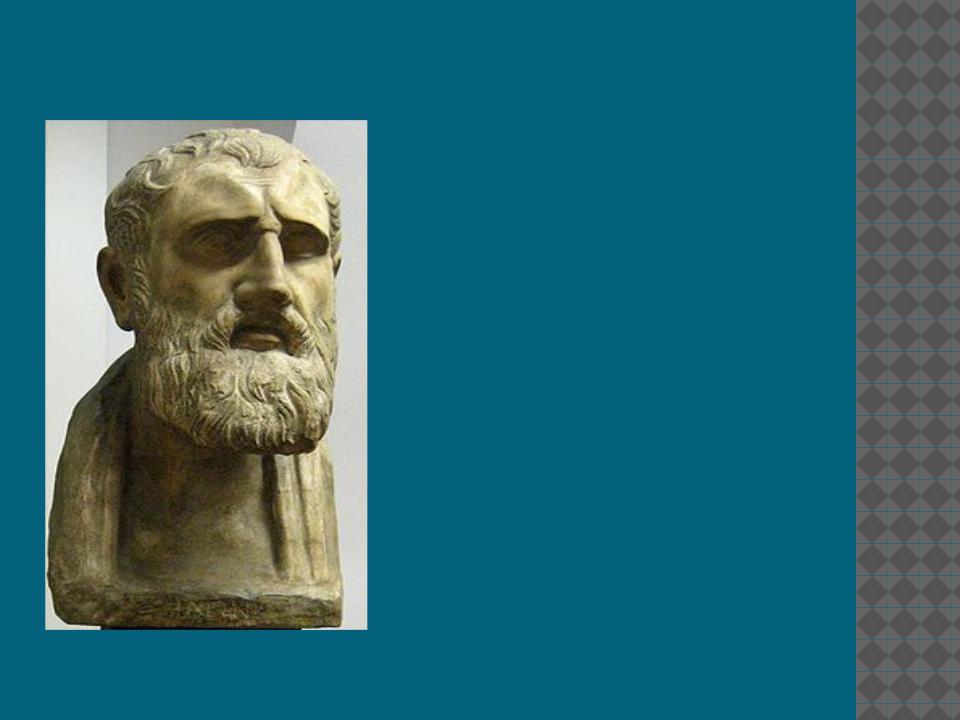
- •SYNTA X
- •Points at issue
- •THE TERM ‘SYNTAX’
- •Syntax
- •Three parts of Syntax
- •THE STUDY OF SYNTAX
- •ANCIENT TIMES
- •Ancient Greek philosophers (Protagoras, Plato, Aristotle, Stoics) studied indiscrete speech units; classified utterances
- •PLATO (424/423 BC – 348/347 BC)
- •STOICS, ANCIENT GREECE
- •APOLLONIUS DYSCOLUS
- •MIDDLE AGES (XIII-XVI C.)
- •APPROACHES TO SYNTACTIC
- •PSYCHOLOGICAL SYNTAX
- •FUNCTIONAL APPROACH
- •DESCRIPTIVE LINGUISTICS
- •SEMANTIC SYNTAX
- •MINOR SYNTAX – THE SYNTAX OF PHRASE
- •SCIENTIFIC THEORY OF
- •THE MODERN THEORY
- •TWO GROUPS OF
- •THE PHRASE WITH A HEAD
- •THE PHRASE WITHOUT A HEAD ELEMENT
- •THE SENTENCE
- •SYNTACTIC
- •DEVELOPMENT OF SYNTACTIC INVESTIGATIONS
- •LUCIEN TESNIÈRE MAY 13,
- •Zelig Harris,
- •ZELIG HARRIS (OCT. 23, 1909 – MAY 22, 1992)
- •AVRAM NOAM CHOMSKY (BORN DECEMBER 7, 1928)
- •GENERATIVE GRAMMAR
- •DEEP STRUCTURE::SURFACE STRUCTURE
- •IMMEDIATE CONSTITUENTS
- •TYPES OF THE NOUN
- •TYPES OF THE VERB PHRASE
- •TYPES OF THE PREPOSITIONAL PHRASE
- •TYPES OF ADJECTIVE PHRASE
- •COLORLESS GREEN IDEAS SLEEP FURIOUSLY
- •TREE DIAGRAM
- •THE SENTENCE
- •THE SIMPLE SENTENCES
- •Geoffrey leech
- •THE SIMPLE SENTENCE
- •THE MAIN SEMANTIC TYPES OF SENTENCES
- •COMMUNICATIVE TYPES
- •FURTHER READING
- •Your listening to me is very much appreciated.

SYNTA X
Lecture 4
1

Points at issue
THE HISTORY OF SYNTACTIC STUDIES
1)ANCIENT TIMES
2)MIDDLE AGES
3)MODERN TIMES
MINOR AND MAJOR SYNTAX
1)SYNTAX OF PHRASE
2)THE SENTENCE
A)THE SIMPLE SENTENCE
B)IC OF THE SENTENCE
C)TREE DIAGRAM
2

THE TERM ‘SYNTAX’
Was introduced by
BC (Ancient Greece)
– 262 BC
3

Syntax
(від грец. Sýntaxis – побудова, порядок) –
1)means and rules of creating speech units of a given language;
2)a part of grammar studying speech producing processes: combinability and word order within a sentence, general properties of the sentence as a language unit and of the utterance as a speech unit
4

Three parts of Syntax
1.Syntax of parts of speech (word combinations, syntagmatics) studies combinability of words (syntactic valency)
2.Syntax of the sentence (inner structure, communicative types of sentences, predication and modality, semantics and synonymic transformations)
3.Syntax of the text (rules of adapting
the sentence into the context) |
5 |

THE STUDY OF SYNTAX
Historic review
6

ANCIENT TIMES
The study of syntax was carried out from the point of view of speech–thought creating processes
No specific terminology was used as yet
The notions used reflected logical, syntactic and morphological approaches to syntactic studies
7

Ancient Greek philosophers (Protagoras, Plato, Aristotle, Stoics) studied indiscrete speech units; classified utterances due to their communicative value; divided the sentence into main parts; defined relations between the parts of the complex and compound sentence
Protagoras (Vc BC) distinguished question, answer, request, command
Aristotle (384-322 BC): confirmative, negative, narrative, imperative utterances
Stoics (IIIc BC): negative, affirmative sentences, general/
special question, orders, swears, requests, vocative utterances
8

PLATO (424/423 BC – 348/347 BC)
a Classical Greek
mathematician, student of Socrates
Plato and followers divided a sentence into two parts:
name (onoma) and verb (rhema) i.e. Subject and Predicate
9

STOICS, ANCIENT GREECE
III c. BC
Initiated the study of the complex and compound sentence and relations within it as causal,
result,
conditional,
connective, disjunctive
10
